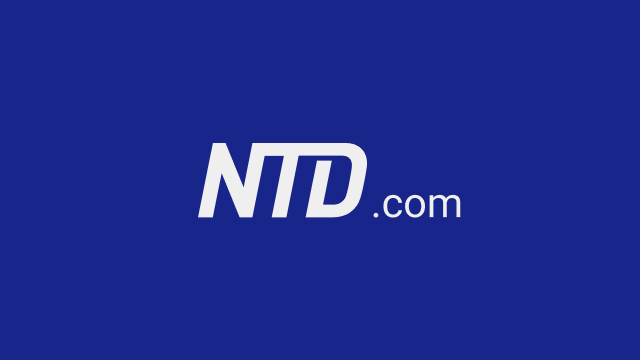China is North Korea’s major ally and its biggest trading partner. Almost 90% energy and food in North Korea comes from China. In February 2013, Chinese American columnist Anthony Yuen disclosed that every year China provides over 6 billion U.S. dollars in aid to North Korea.
In 1992, China joined the Nuclear Nonproliferation Treaty. In1998, Pakistan completed its first nuclear test, becoming the 7th nuclear country. Who provided Pakistan nuclear weapons technology?
Former Nuclear Scientist at the China Institute of Atomic Energy (CIAE) Ciping Huang said,
“In the 1980s, when I was working at CIAE, one of our jobs was to relay nuclear technology to Pakistan and some other countries. Their scientists came to our institute to study nuclear science, China also sent scientists (including ones from our institute) to Pakistan specifically to provide nuclear technical support. Because China did not get along with India, China helped Pakistan’s nuclear program against India. ”
Father of Pakistan’s nuclear program, Abdul Qadeer Khan disclosed that in 1982 China provided Pakistan enough weapons-grade uranium for two atomic bombs.
In October 2006, North Korea conducted its first underground nuclear test. In 2009, it conducted its second nuclear test. In 2013, North Korea carried out its third nuclear test. Even though North Korea has signed numerous treaties and agreements in the past, pledging to freeze and eventually dismantle its nuclear weapons program, three generations of Kim’s regimes have never stopped developing atomic weapons.
Western scholars believe North Korea’s nuclear capabilities come from Pakistan, however Chinese scholars have different view.
VOA columnist, Chinese author He Qinglian said North Korea’s nuclear weapons were developed with the help of China, under Jiang Zemin. The Sino-Korean border had long been a nuclear waste dump site. When Gaddafi’s regime collapsed in Libya, the opposition found drawings of Chinese nuclear weapons in his office. China has long been a dark promoter of North Korea’s nuclear weapons research and development.
Sources in China’s Nuclear Industry Ministry disclosed that North Korea’s nuclear technicians have been trained in China, and the most cutting edge technology comes from Jiang Zemin’s era China.
In 2000, China pledged not to help any country with the development of ballistic missiles. In Sept 2001, China Metallurgical Equipment (MECC), a corporation with close ties to the Beijing government, was sanctioned by United States for transferring missile parts and technology to Pakistan. China then sentenced 5 executives of the MECC to 8- to 10-year prison terms.
Chinese dissident Yang Jianli was in prison with one of the executives in 2002. Yang Jianli said, “He felt it was very unfair. They were ordered by the government to sell those parts. He has all the government documents which approve the deals.”
Jiang Zemin, was head of the Chinese Communist Party (CCP) from 1989 to 2002. He continued to wield power behind the scenes through 2012, and until today, Jiang is still engaged in a power struggle with China’s current leader Xi Jinping. Jiang and his allies have close relationships with North Korea.
North Korea’s nuclear and missile programs pose an immediate national security risk for China. Its nuclear test field is only 62 miles (100 km) from the Chinese border. In the event of a nuclear leak or the outbreak of a nuclear war, China would be a direct victim. China’s northeastern region and the North China Plain would be polluted, threatening hundreds of millions of Chinese.
It is definitely not in China’s national interest for North Korea to have nuclear weapons. Chinese people are against the CCP’s endless financial aid to the Kim regimes.
But why is China still unable to resolve North Korea crisis?


